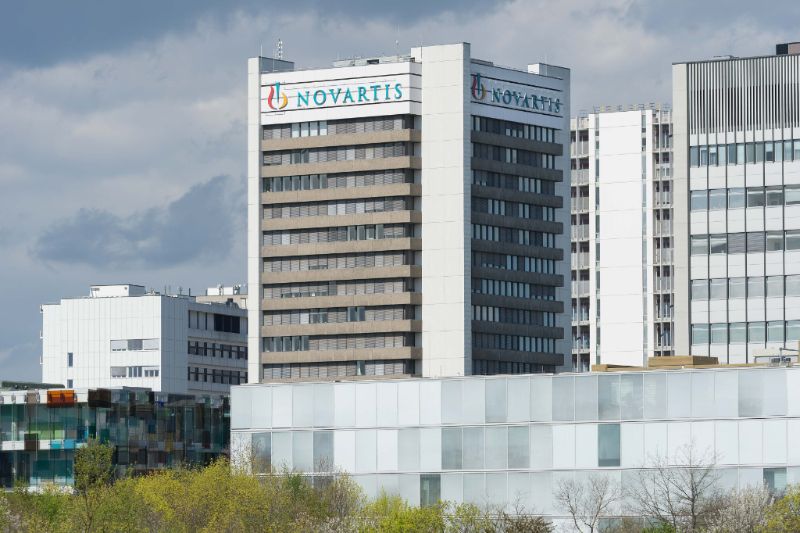
Novartis has said that fevipiprant (QAW039) failed to meet goals in Phase III LUSTER-1 and LUSTER-2 clinical trials involving patients suffering from inadequately controlled moderate-to-severe asthma (GINA Steps 4 and 5).
Fevipiprant is an investigational, oral, once-daily, steroid-free medication designed to block DP2 receptor associated with the asthma inflammatory cascade.

Discover B2B Marketing That Performs
Combine business intelligence and editorial excellence to reach engaged professionals across 36 leading media platforms.
The 52-week, randomised, multi-centre, double-blind, placebo-controlled, replicate LUSTER-1 and LUSTER-2 trials assessed the safety and efficacy of the drug in addition to the existing standard of care in 894 and 877 participants, respectively.
Patients whose disease was not adequately controlled with inhaled mid-to-high dose corticosteroids (ICS) and a minimum of one additional controller were enrolled in the studies.
The primary endpoint was the decrease of the annual rate of moderate‐to‐severe exacerbations, while secondary endpoints included the change in asthma quality of life, asthma control and lung function.
Top-line data from pooled analyses showed that the studies did not meet the clinically relevant threshold for a decrease in the moderate-to-severe exacerbation rate, compared to placebo, over 52 weeks.

US Tariffs are shifting - will you react or anticipate?
Don’t let policy changes catch you off guard. Stay proactive with real-time data and expert analysis.
By GlobalDataNovartis said that the results do not support further development of the drug for asthma treatment.
The drug was observed to be generally well-tolerated and the treatment-emergent adverse events were mostly balanced across treatments groups and comparable to placebo.
Novartis chief medical officer and Global Drug Development head John Tsai said: “While the results of the LUSTER studies with fevipiprant are disappointing, they meaningfully contribute to our understanding of the DP2 pathway in asthma.”
The LUSTER trials are part of the VIBRANT Phase III programme, which additionally comprises the SPIRIT safety study and the replicate ZEAL-1 and ZEAL-2 trials.
Novartis announced results from the ZEAL-1 and ZEAL-2 trials in October.





